The Stonewall uprising in New York City in June 1969 was undeniably the start of a national LGBTQ awareness. But even before that event, gay people in cities around the country were beginning to push back against homophobic attitudes. Perhaps one of the most notable, but most underrated, is the Black Nite bar brawl in Milwaukee.
This summer, the Wisconsin LGBTQ History Project seeks to celebrate the revolutionary spirit of our brave elders—who on August 5, 1961, ignited the first LGBTQ uprising in Wisconsin history, and one of the first LGBTQ resistance events in U.S. history. Over time, this event was hidden by history, remembered only by a small and ever-shrinking group of aging survivors, and dismissed as a bit of an urban legend.
“The Black Nite Brawl was truly Wisconsin’s Stonewall,” said Don Schwamb, founder of the Wisconsin LGBTQ History Project. “It was the birthplace of LGBTQ pride in Wisconsin.”
“We are all past due in paying homage, respect, and recognition to the elders who made it happen that night, knowing they were putting their entire lives, as they knew them, on the line.”
The Blackest of Nights
Milwaukee may be a tavern town, but the Black Nite was no everyday bar brawl.
On a hot and foggy August night, four sailors went to the Black Nite (400 N. Plankinton Ave) after losing a drinking game. They were “dared” to go this known gay bar as a form of humiliation. When the bouncer asked them to sign in and show ID, as was customary at the time to keep suspicious strangers out, they panicked. They didn’t want anyone to know they’d been there, and now there would be a record.
“They could have just left,” said Don Schwamb, “and nobody would have ever known they were there. They made the worst possible decision they could have made that night. By morning, everyone knew who was there—and worse yet, what they did and what they caused.”
The sailors became belligerent and refused to leave. The bouncer threw them out on the sidewalk, at which time, all four piled on him and began to beat him. Inside the Black Nite, owner Wally Whetham and a young customer were getting ready for the night. Hearing the commotion, that customer rushed outside to defend her boyfriend. “I instinctively grabbed two beer bottles and ran outside,” she would remember in 2011, “forgetting that I was still in a bathrobe and slippers. But in that moment, I could have fought off an army in my bathrobe.”
She knocked out one of the sailors cold and warded off the other three with a broken beer bottle. Embarrassed to be beaten up by a homosexual, they vowed to come back and ‘clean up’ the bar and ‘teach those sick faggots a lesson.’ And, later that night, they did come back.
But these sailors didn’t know who they were dealing with.
Josie Carter, a gender non-conforming black “queen,” had already given their friend a concussion. They had threatened her, her boyfriend, and her bar, before she’d even had time to finish putting on her make-up for the night. As Saturday night customers rolled in, she wound up the crowd with the story, encouraging them to stay and defend the bar if the sailors came back. Owner Wally Whetham wanted to lock up the bar and send everyone home, but people were sick and tired of running.
Only a year before, a police raid in Juneau Park resulted in Elroy Schulz, a gay brewery worker, being beaten to death. A police inquest had ruled the killing a “justifiable homicide” and strongly implied that eliminating a homosexual improved society as a whole. Gay men were hassled with sting operations everywhere they went. They were disowned, demoralized, and disrespected at every turn. Even worse, they could even be murdered by police and no one would care.
Now, violence had come into one of the few safe spaces they had.
There seemed to be nothing left to lose.
“We do not run from a fight,” Josie told the crowd. “We do not run from anything.”
On August 5, 1961, Milwaukee learned how true this was. When the sailors returned, they weren’t just fighting Josie and the bouncer anymore. They were fighting an army of angry queens, lesbians, and gay men who had reached their breaking point.
Six years before Stonewall, five years before Compton’s Cafeteria in San Francisco, and four years before the Dewey’s protests in Philadelphia, our elders fought back against homophobia with unforeseen fury.
The Great Gay Panic
Local news coverage sought to scandalize the event. Instead, the news stories changed the course of history. For the first time, Milwaukee knew that gay people existed here, in large enough numbers to have their own spaces, and that they would fight back if provoked. For the first time, isolated LGBTQ people learned that they were not alone in the world, but that they had a local community. For the first time, Milwaukee’s LGBTQ people felt pride after a lifetime of shame, guilt, rejection, and scorn.
The sailors were cleared of all charges. The Black Nite was ordered to close. Within a few years, the Plankinton Strip—Milwaukee’s first “gayborhood”—was deliberately demolished.
But the seeds of liberation had been planted within Wisconsin’s earliest gay rights activists. People like Eldon Murray grew up seeking to find any reflection of gay people like himself in the world. All he found were the negative, hostile, depressing indictments of the era: sexual deviate, criminal, neurotic, invert, perversion. He, and others like him, scrapbooked every headline about the Black Nite Brawl. It was a community’s first glimmer of hope and a first spark of liberation.
By 1964, the Milwaukee Journal was reporting that “the homosexual has gotten bolder.” By 1965, the Milwaukee Sentinel commented that “whether or not there are more homosexuals now than ever before, they are certainly more visible, and society must decide what it’s going to do about them.” By 1969, over three dozen gay bars had opened in Milwaukee, including a bar that allowed men to dance together while it was strictly forbidden throughout the Midwest. Throughout the 1970s, Gay People’s Union fought for gay rights so ferociously, that by 1982, Wisconsin was known as the “gay rights” state because of its progressive protections for gay and lesbian people.
“Liberation didn’t happen by accident,” said Schwamb. “It was borne in brutal battles like the Black Nite Brawl.”
The Lost Generation
Josie Carter humbly downplayed the event as just another wild night out. She refused to accept the title of “Mother of Gay Milwaukee,” even as a whole new generation of transgender youth “adopted” her as a trancestor. After her passing in 2014, more and more details of the Black Nite were discovered.
“Until our researchers connected the dots between oral interviews, newspaper clippings, testimonials and timelines, the historical significance of the event was unknown,” said Schwamb. “Many thought Josie was embellishing or exaggerating the story, but that really wasn’t her style. She was one who told it like it was, always. Her stories of the Black Nite were no exception.”
“This was a significant historical event that shaped the future of LGBTQ Wisconsin history,” said Schwamb. “We seek to unhide this history and make this historical event well-known throughout the nation. Too often, LGBTQ people are disconnected from their community history, which also disconnects them from our shared heritage. Our history is not taught in schools except in a handful of states. Our history is not passed down from generation to generation like other communities. It is at constant, collective risk of being erased.”
“In a second year without a PrideFest, we cannot allow the 60th anniversary of LGBTQ pride to “go dark,” said Schwamb. “We owe it to these warriors—and, especially, to the “Mother of Gay Milwaukee”—to keep their stories and spirit alive, and to give them the proper respect they were denied while they were alive.”
A Call to Action
The Black Nite Brawl is reminder that LGBTQ history did not start at Stonewall—the fuse was lit long before June 1969 in cities all over America, in bars like the Black Nite, by pioneers like Josie Carter.
Today, nothing stands at 400 N. Plankinton Avenue at all. Fifty-five years after the Black Nite was torn down for “civic improvements,” the land remains empty and abandoned. Schwamb and the History Project have pledged to fix that.
“We seek a historical marker at the corner of Plankinton and St. Paul to commemorate Josie’s heroic confidence, bravery, and leadership—at a time before equality, at a time before liberation, at a time before hope,” said Schwamb. “We have submitted an application to the Milwaukee County Historical Society for the first historical sidewalk marker honoring an LGBTQ person.”
Schwamb hopes the landmark would bring inspiration and hope to LGBTQ people facing adversity today, especially transgender and gender non-conforming women of color like Josie, who continue to face extinction-level threats in Milwaukee. He has received confirmation that Milwaukee County Executive David Crowley will be issuing a proclamation honoring the Black Nite, and awaits confirmation from Mayor Tom Barrett’s office as well.
August 5 commemoration
The Wisconsin LGBTQ History Project has also committed to lighting the Hoan Bridge in pride colors on Thursday, August 5, 2021. They are currently fundraising to cover the $3,500 expense—and you can support the cause with a donation of any amount at their GoFundMe page. As the History Project pays no salaries, has no physical space, and funds its minimal operating expenses through honorariums, all community donations will be applied directly to memorial activities.
“The whole wide world celebrated Stonewall 50 in 2019,” said Schwamb. “Let’s make sure the 60th anniversary of the Black Nite Brawl is remembered with pride, not lost to history.”
About the organization
The Wisconsin LGBTQ History Project is an independent, self-funded, all-volunteer, not-for-profit organization founded at PrideFest in 1995. Over the past 26 years, the project has become the state’s largest digital collection of LGBTQ historical content. They are the publishers of LGBT Milwaukee (2016) and the upcoming The Golden Age of Milwaukee Drag (2021.) Connect with the History Project on Twitter and Facebook.
For more about the Black Nite Brawl, visit OnMilwaukee and NPR.

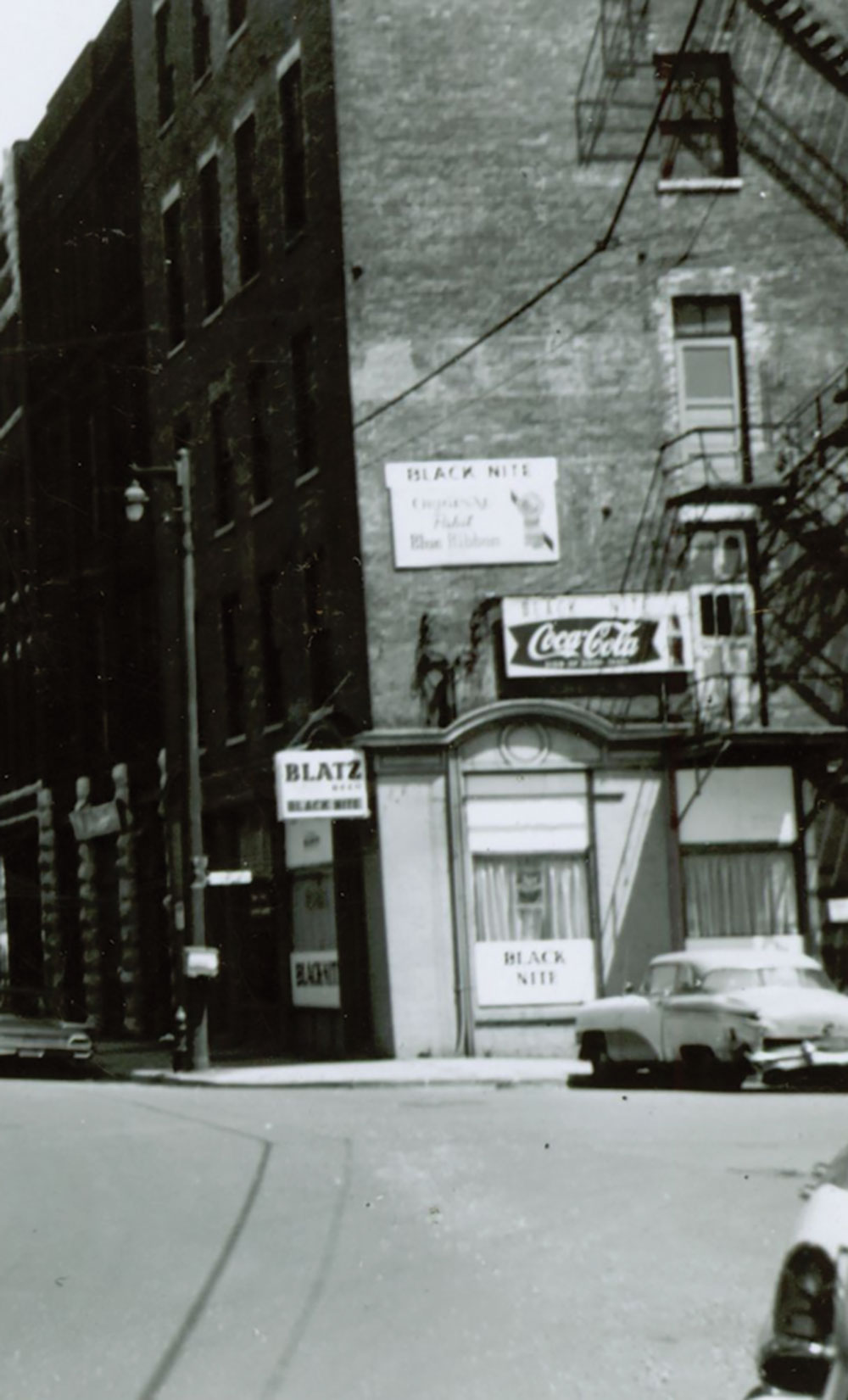

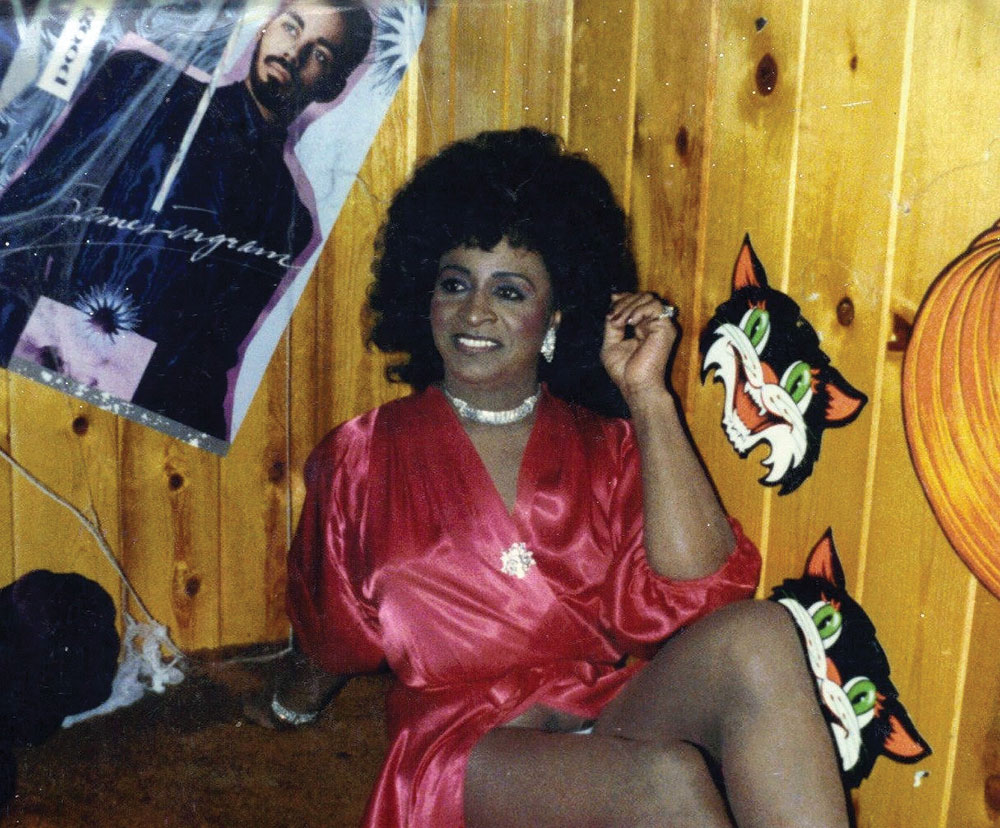

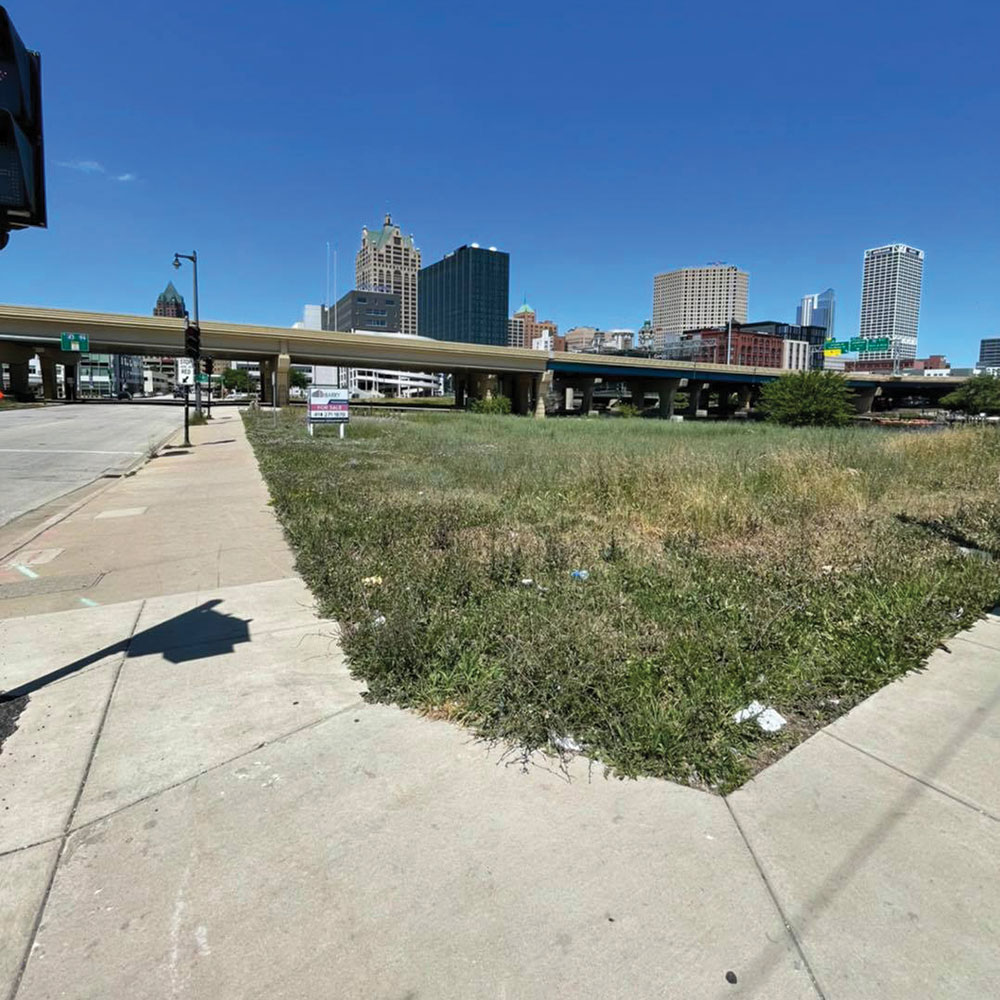






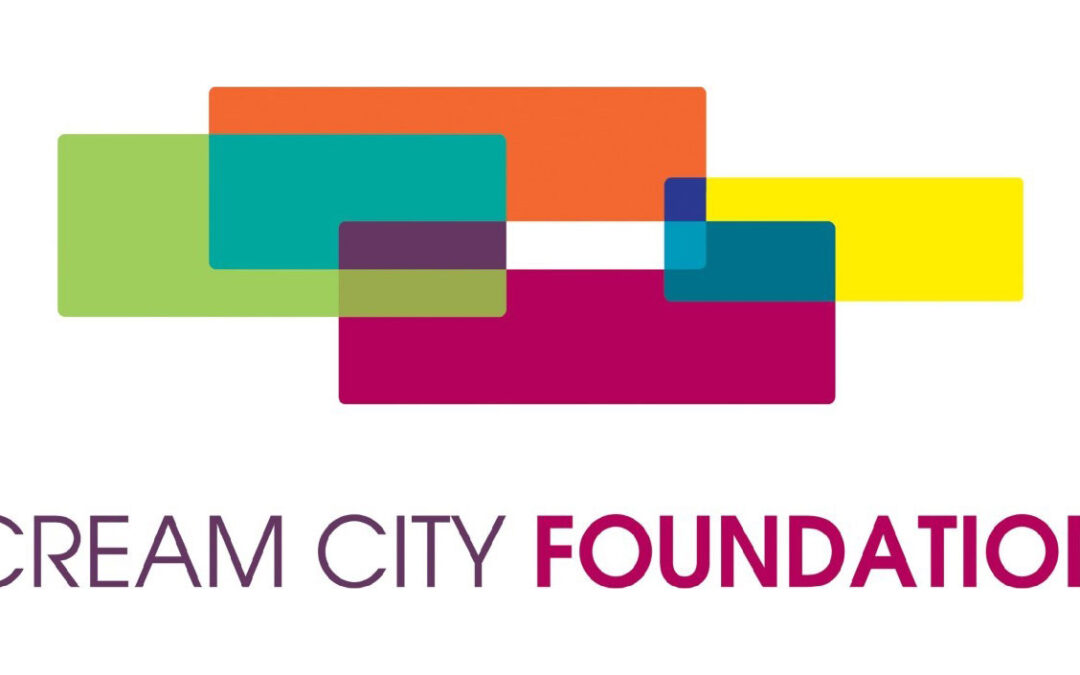









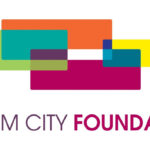








0 Comments